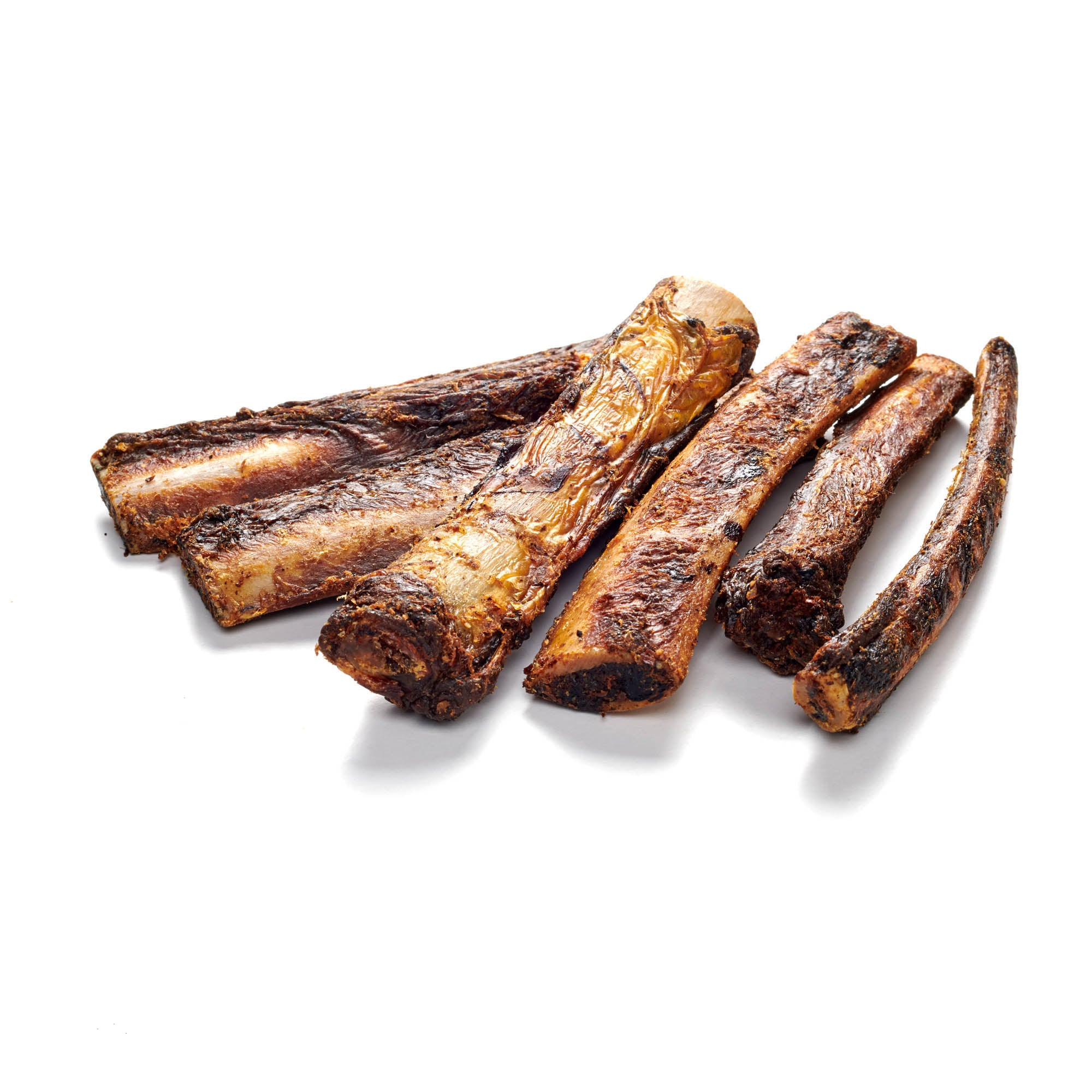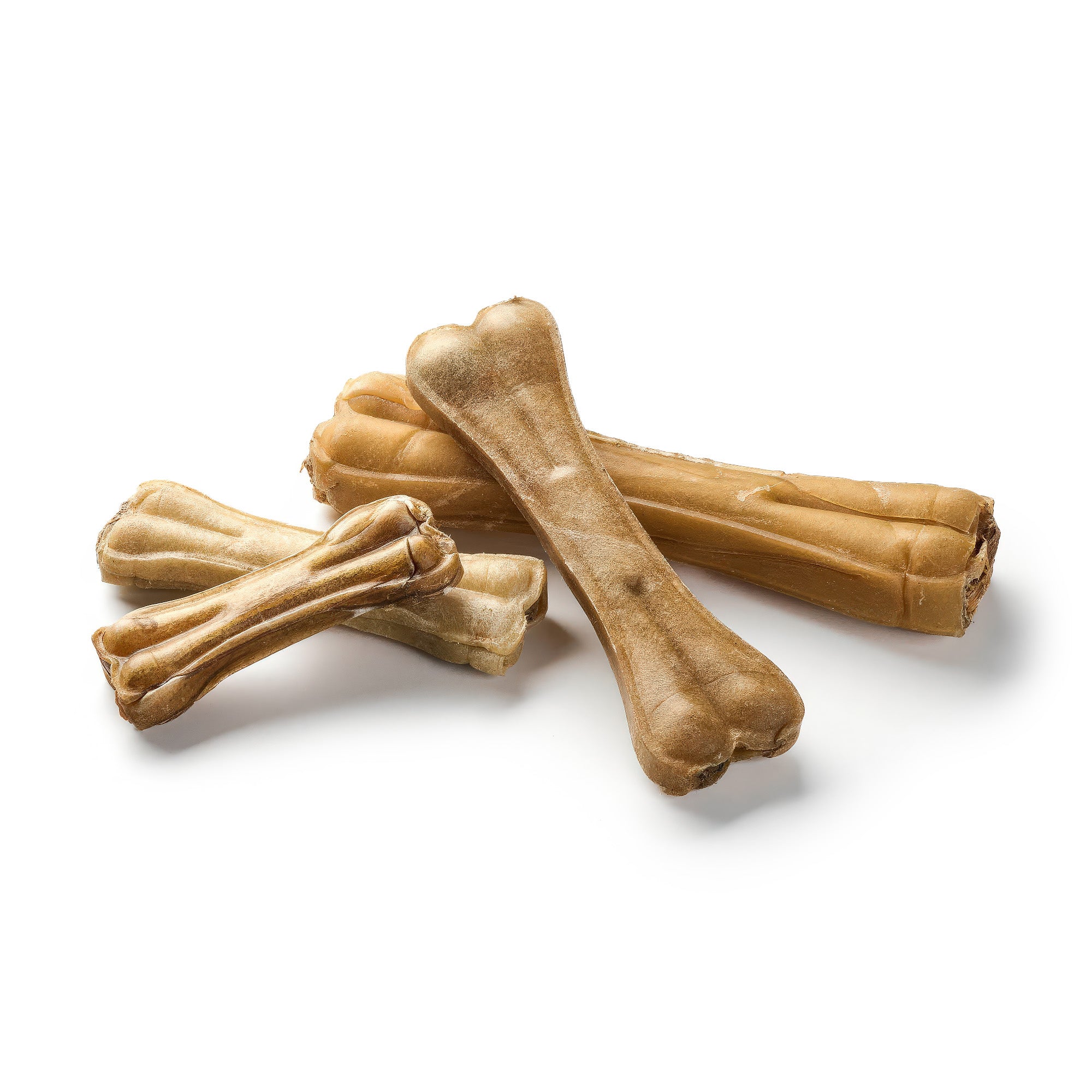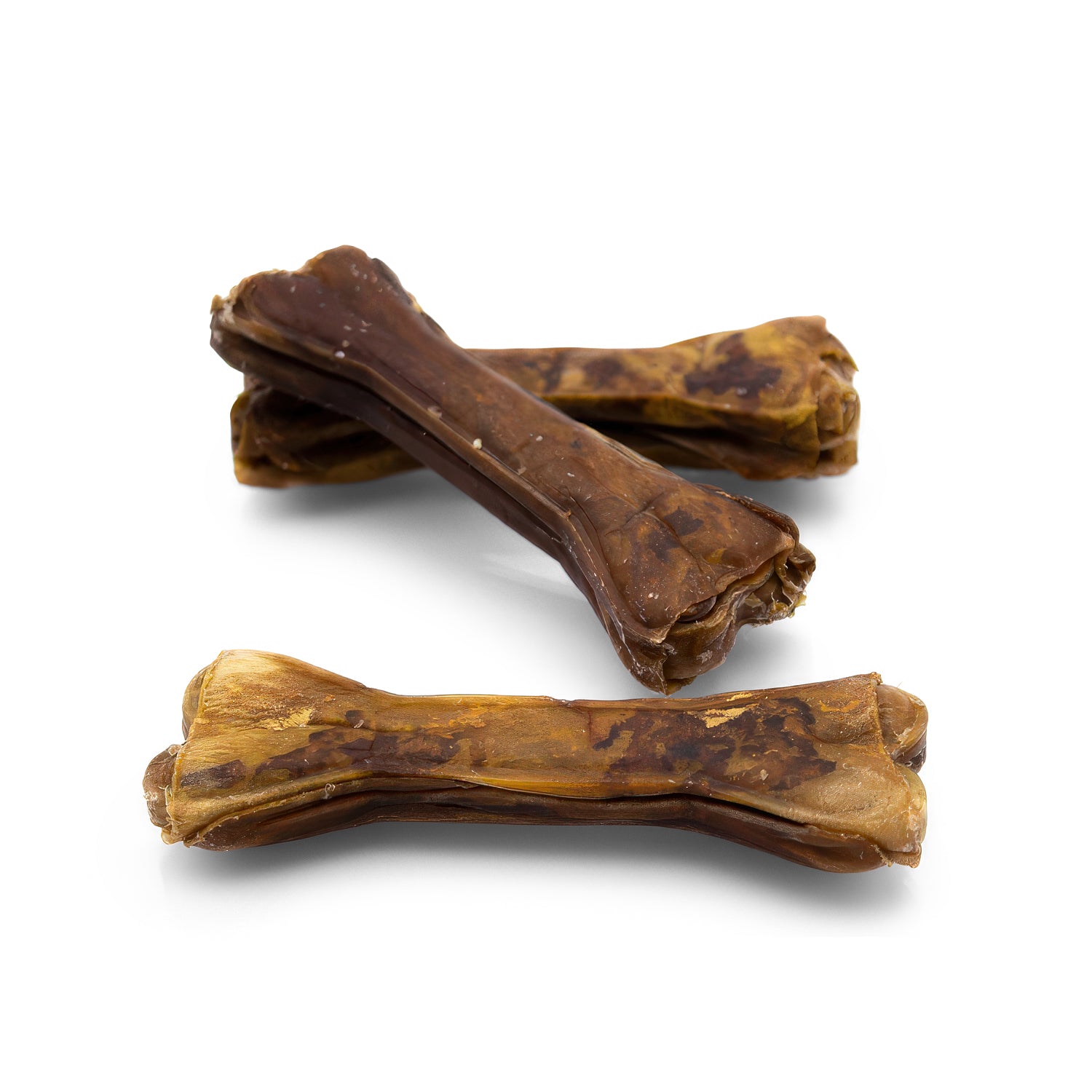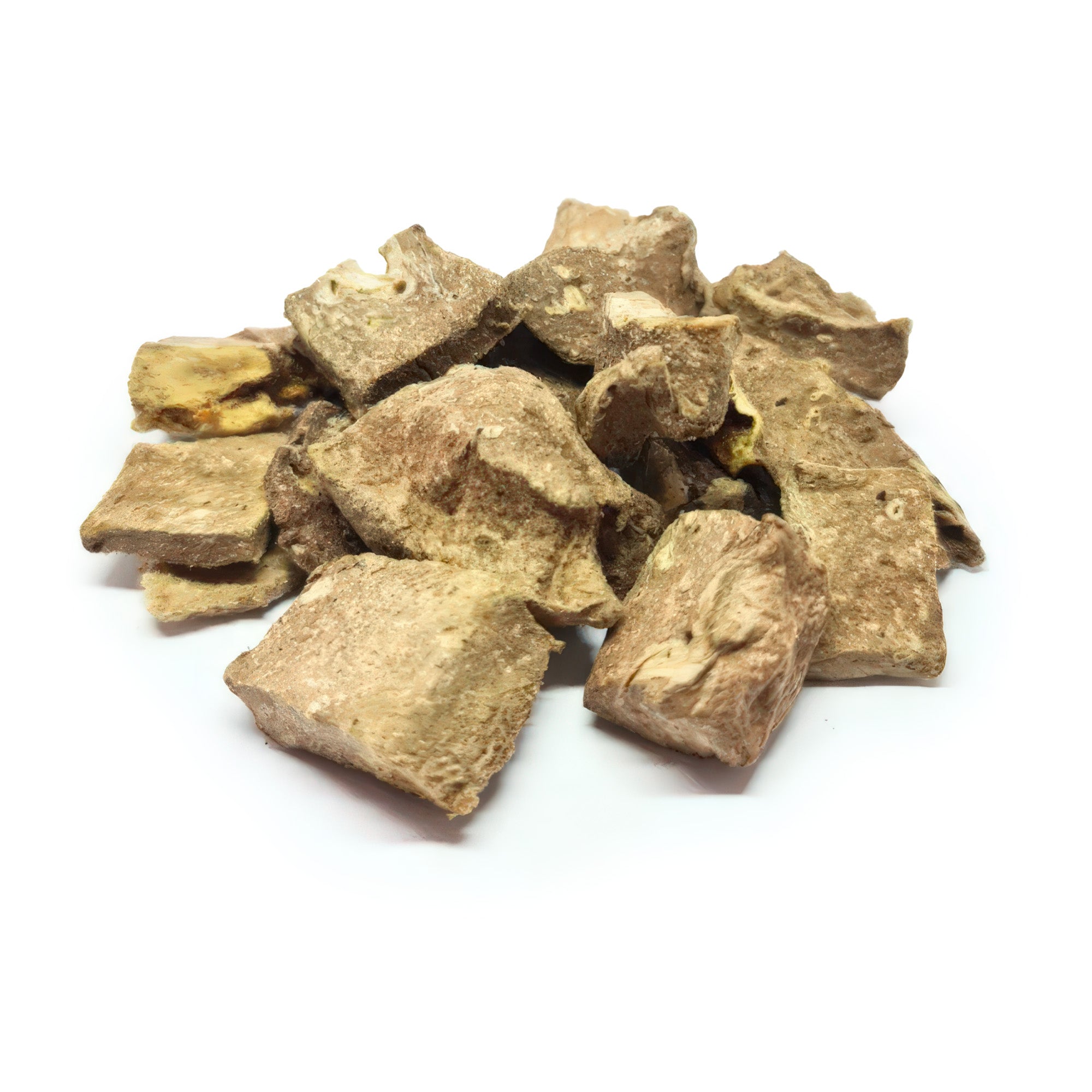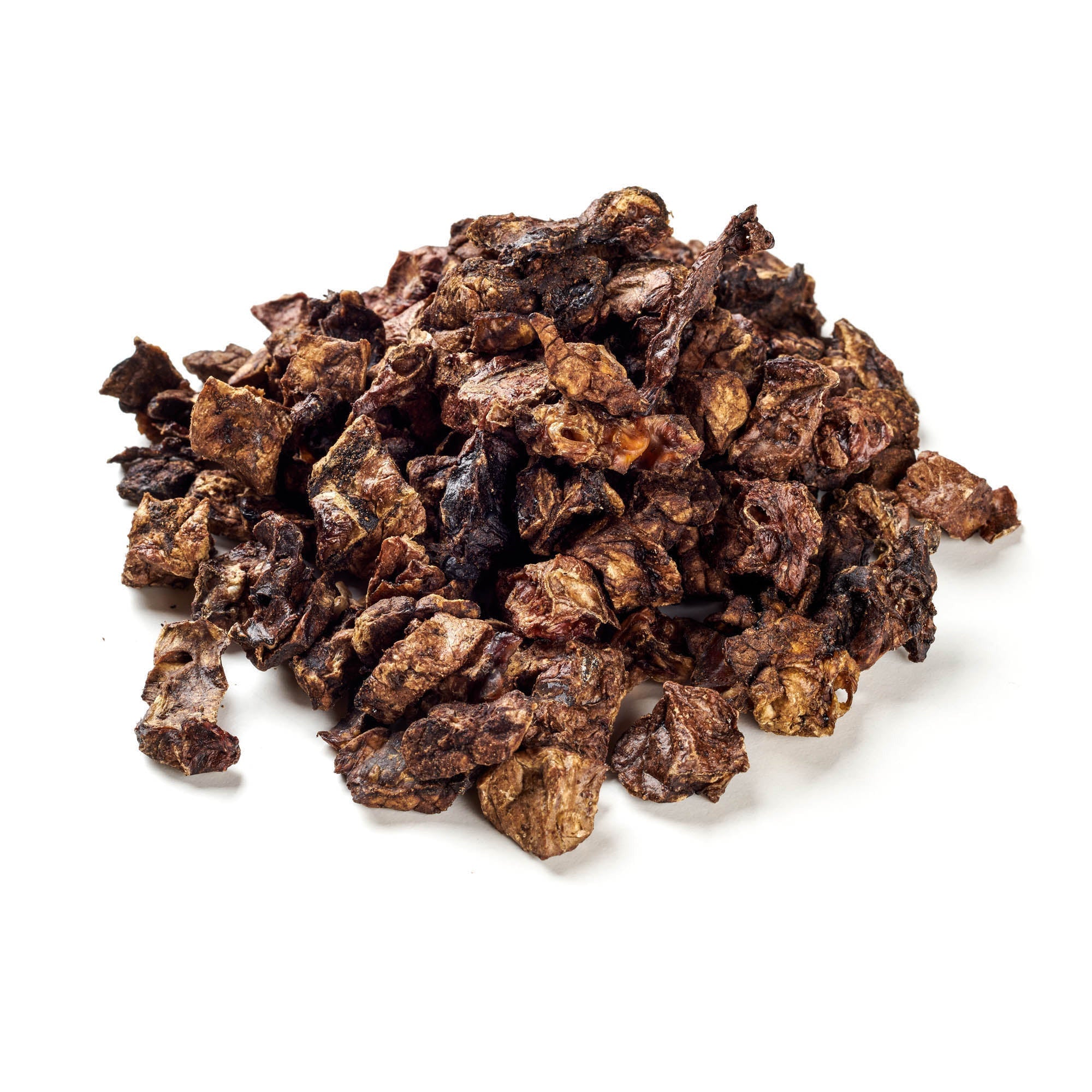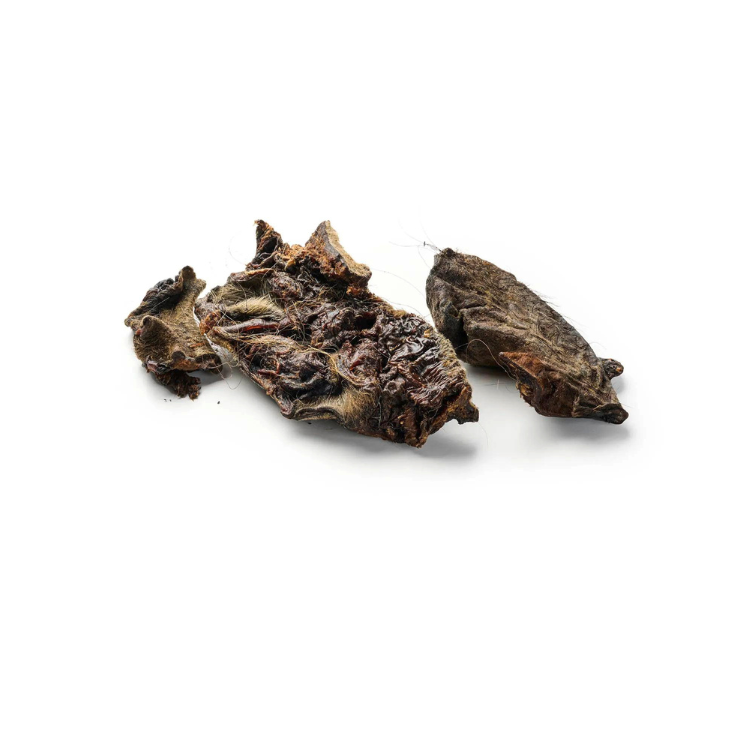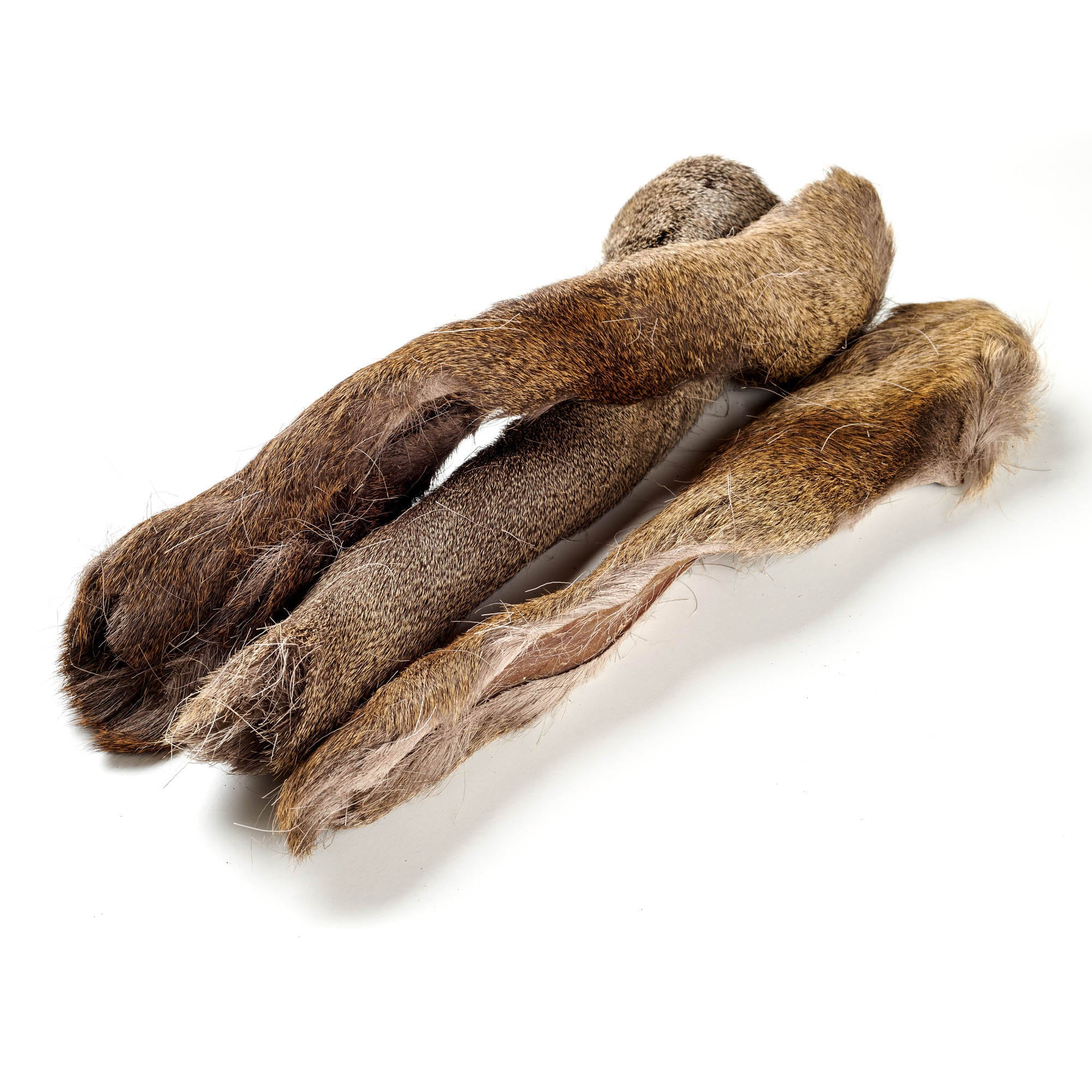
Obesity and weight management in dogs
Share
Obesity in dogs is not uncommon and can really slow down four-legged friends. Did you know that too many pounds on the ribs not only limit mobility, but can also cause serious health problems? Diabetes, joint problems and heart problems are just some of the possible consequences of obesity in dogs. But don't worry, weight management isn't that complicated. It starts with a balanced diet and the right amount of food. Do you know your dog's ideal weight? If not, it's time to find out! Regular exercise is also crucial for a healthy dog life. Games, walks and training sessions keep your dog fit.
Every dog is different, so always adjust the pace individually. With love, care and the right plan, your dog will soon be back in top shape!
Content: Obesity and weight management in dogs
- The importance of the right weight for the health of dogs
- Causes of obesity in dogs
- How to tell if your dog is overweight
- Tips for weight loss in dogs
- The role of exercise and diet in your dog’s weight management
- Possible risks of obesity for dogs
- How veterinarians can help with weight loss
- Conclusion
Make your dog happy with our delicious snacks!
The importance of the right weight for the health of dogs
Obesity in dogs is no small matter - it can lead to serious health problems. A healthy weight is crucial for your four-legged friend's well-being. It helps prevent joint problems, diabetes or heart disease. But how do you know if your dog is overweight? Pay attention to his body shape: can you see the waist? Can you feel the ribs? If not, it might be time for a weight management strategy. This includes a balanced and natural diet, regular exercise and possibly advice from a veterinarian. Remember, every dog is unique - what works for one may not necessarily be right for another. It's not just about reducing weight, it's about a healthy lifestyle that helps your dog to go through life fit and happy.
First-class dog chews for happy sniffing noses available here!
Causes of obesity in dogs
Obesity in dogs can have various causes. It is often due to a combination of too many calories and too little exercise. Some dogs are real foodies and are given lots of snacks and treats in addition to their normal food, which can quickly turn into extra pounds. The quality of the food also plays a role - some dog food is very high in calories. There are also breed-specific tendencies towards obesity; some dog breeds gain weight faster than others. The age of the dog can also be a factor, as older dogs are often less active and have a slower metabolism. Hormonal disorders such as an underactive thyroid can also promote obesity. And last but not least: As with humans, genetic predisposition can also play a role in dogs.
How to tell if your dog is overweight
Obesity in dogs can sometimes be difficult to detect, especially in long-haired breeds. However, there are a few signs to look out for. First, you can check your dog's waist. If the dog is at a healthy weight, there should be a visible sag behind the ribs. Also feel your dog's ribs. If you can only feel them with difficulty because there is a thick layer of fat over them, this could be a sign of obesity. Also pay attention to your dog's behavior: less energy and a reluctance to exercise can also be signs. If you are unsure, it is always a good idea to have your dog's weight checked by a vet.
Tips for weight loss in dogs
Hey, if your dog has a few extra pounds, you're not alone. Obesity in dogs is pretty common, but with a few simple tricks you can help your four-legged friend to slim down. First, check the food. High-quality dog food without unnecessary fillers is super important. Then reduce portion sizes and make sure you don't give too many treats . Exercise is also key - more walks and playtime will keep your dog fit. Also think about interactive toys that challenge your dog mentally and physically. And a tip: get advice from your vet, who can create an individual plan for your dog. Small changes can have a big impact!
The role of exercise and diet in your dog’s weight management
Obesity in dogs can cause serious health problems. That's why it's important to pay attention to balanced weight management. Exercise and diet play a crucial role in this.
Exercise is essential to help your dog burn calories and stay fit. Regular walks, outdoor games or dog sports can be fun while also helping to control weight.
Bring joy to your dog's day with our treats!
Your dog's diet must be balanced and tailored to his needs. High-quality dog food with the right ratio of proteins, fats and carbohydrates, as well as an appropriate amount of calories, supports weight management. You should also only give treats in moderation.
Remember that every dog is different. Monitor your four-legged friend's weight regularly and adjust exercise and food accordingly.
Possible risks of obesity for dogs
Obesity in dogs is no small matter - it can cause serious health problems. Imagine your four-legged friend struggling with extra pounds, which not only puts strain on his joints, but can also lead to diabetes. And the heart? It also has to work much harder to keep the body going. Even the risk of certain types of cancer can increase. Not to mention the lack of joy in life when the dog is no longer as lively as it used to be. That's why it's extremely important to make sure your dog is at a healthy weight. With the right weight management and a balanced diet, your dog can live a long and happy life.
How veterinarians can help with weight loss
Veterinarians are your best resource when it comes to obesity and weight management in your dog. They can first determine whether the dog is actually overweight and whether there are any medical reasons behind it. With an individual diet plan that is tailored to your dog's needs, they will help you choose the right food and portion sizes. They will also work out a suitable exercise program with you so that your dog loses weight healthily. Regular check-ups at the vet ensure that you and your dog stay on the right track and that any adjustments can be made. Remember, patience is important - weight loss in dogs should happen slowly so as not to endanger their health.
Conclusion
Obesity in dogs is not uncommon and can really slow them down. Did you know that too many pounds not only limit their mobility, but can also cause serious health problems? Diabetes, joint problems and heart problems are just some of the possible consequences. But don't worry, weight management is not that complicated. It starts with a balanced diet and the right amount of food. Do you know your dog's ideal weight? If not, it's time to find out! Regular exercise is also crucial for a healthy dog life. Games, walks and training sessions keep your dog fit.
And don’t forget: patience and consistency are super important when managing your dog’s weight.
Spoil your four-legged friend with our delicate chew items!

